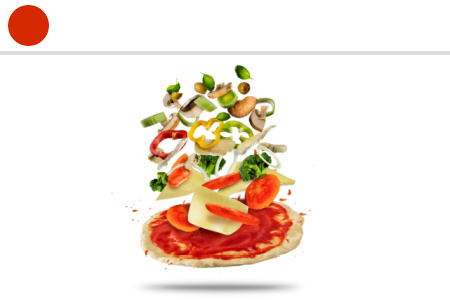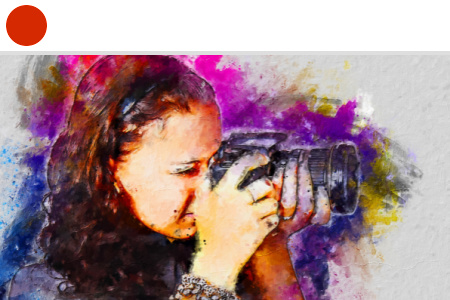Week 1: Welcome and Introduction
Week 2: Course Overview
What does it mean to be a social creature? This week, we will analyze the micro, mezzo, and macro levels of social influence, as well as get a basic understanding of what it means to be “persuadable” as humans.
Week 3: Biblical and Scientific Bases for the Influence
This week, we will examine the theological and scientific evidence that exists for our social nature and our persuadable nature. We will review God’s design for culture and society according to the brain and the Bible.
Week 4: Self-Justification and Third-Person Syndrome
This week, we will look at the power of self-justification and get a better sense of why it’s hard for humans to believe we’re persuadable.
Week 5: A Brief History of Entertainment-Education
How can mass media use our persuadable nature against us? This week, we will cover a brief history of entertainment-education and its social implications. For additional reading, I’ll provide a link to the online chapter of Entertainment-Education from Emerge: Cracking the Cocoon of Media Socialization.
Week 6: Conformity and Culture
This week, we will discuss conformity and culture. Are there times we should conform? For a macro view of the impact of conformity, watch the documentary Expelled with your family. Discuss the culture of government education and its influences on the behavior and beliefs of the social system.
Week 7: Understanding the Power of Persuasion
This week, to better understand the power of mass media, we will create our own persuasive appeal.
Week 8: Peer Culture and Conformity in the Church
This week, we will look at the new grassroots uprising that is creating awareness about peer culture. We will review George Barna’s May 2012 study on youth ministry and Christianity Today’s August headline story on the “juvenilization” of church, as well as some other current research. Watch the documentary Divided with your family to learn more about this movement.
Week 9: Junk Food Media: Causes and Cures (Part 1)
This week, we will examine the role of advertising on the human brain, including some fascinating and compelling research on sociology, neuroscience, and physical health.
Week 10: Junk Food Media: Causes and Cures (Part 2)
This week, we will continue our study of the role of advertising on the human brain, and we will track some social trajectories that highlight the Third-Person Syndrome concept we discussed in Week 3.
Week 11: Midterm Exam
Week 12: Media Analysis: Movie Madness
This week, we will analyze the messages of mass media in modern movies and sitcoms. What worldviews are being peddled, and what is the potential for cultural and individual influence?
Week 13: Music Analysis: Labels, Lies, and Soul Ties
This lesson will review some fascinating (and frightening) research findings from the University of Virginia on the impact of music on the human brain.
Week 14: Tracking Social Trajectories: Impact on the Culture
This week, we will follow the social trajectories from our findings in the studies of movies, sitcoms, and music to see if these ideologies are having an impact on the larger social sphere.
Week 15: Tracking Self-Trajectory: Impact on the Individual
This week, we will analyze the impact of movies, sitcoms, and music on our individual lives. We will chart a course for creating positive, prosocial influence in this realm.
Week 16: Becoming Media Literate
This week, we will review some great websites designed to help you become more media literate. Building on what we’ve learned throughout the course, we will create a base for media literacy in your home and your realm of influence.
Week 17: Emerge: Breaking Free
This week, we will summarize all the points we’ve covered and discuss ways for students to start becoming producers of culture, not simply consumers of culture.
Week 18: Making Social Worlds
Our final week of the course will be a reflection on the power of words and wisdom.
Week 19: Final Exam
Take Dr. Dunne’s 25-question “final” to cement your knowledge in this course. Feel free to send your answers to what you feel are the more challenging questions to Dr. Dunne for her feedback.
For a printable course outline, click here.
































